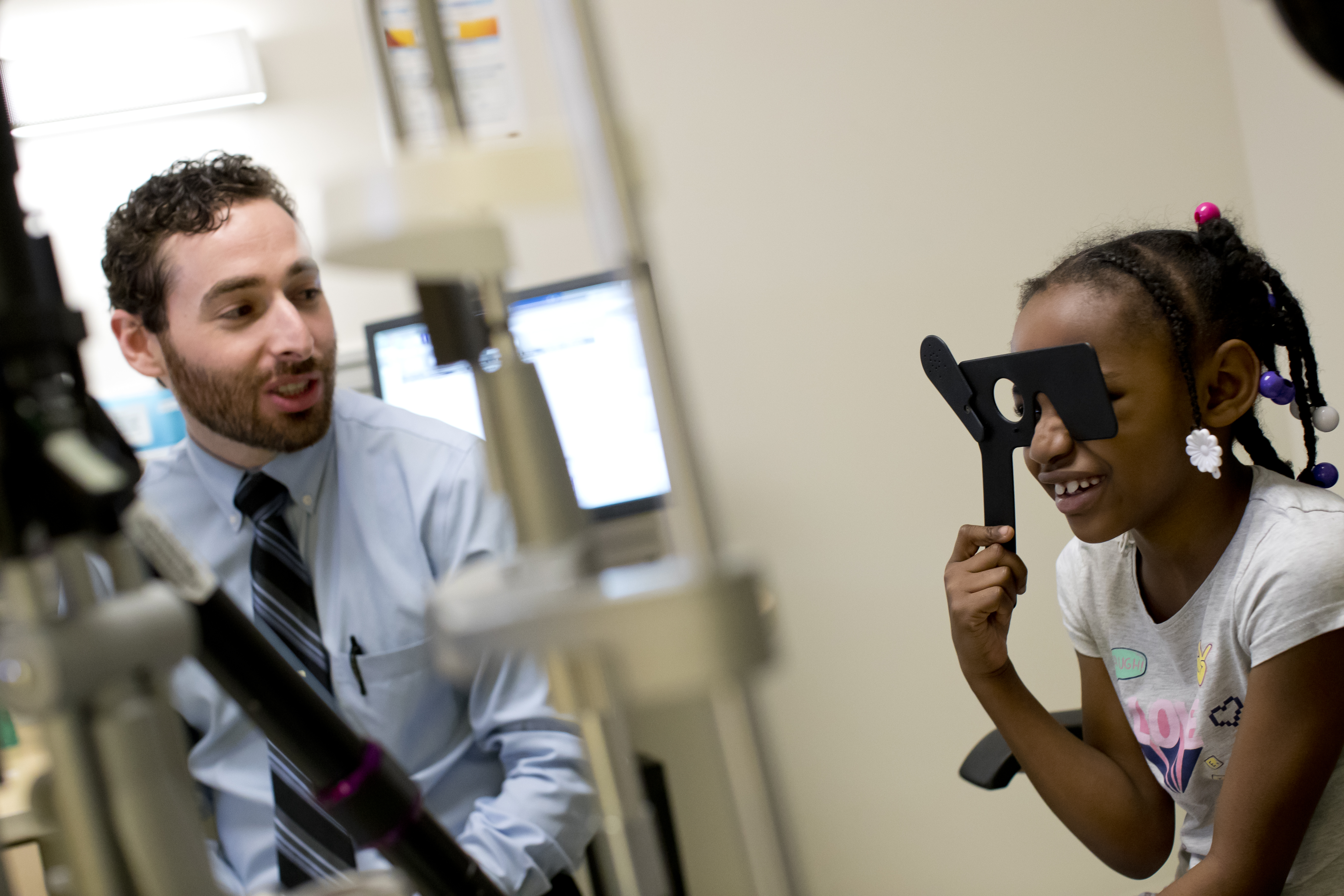Interdisciplinary Approach to Treating Auditory Processing Disorders
 Proper vision, healthy hearing and good speech and language skills play a crucial role in a child’s achievement both in and out of the classroom. With the academic year in full swing, it’s important for parents and guardians to recognize potential issues that may hinder a child’s ability to learn.
Proper vision, healthy hearing and good speech and language skills play a crucial role in a child’s achievement both in and out of the classroom. With the academic year in full swing, it’s important for parents and guardians to recognize potential issues that may hinder a child’s ability to learn.
For example, is your child having difficulty with core learning skills such as reading, spelling, vocabulary, or listening? Does your child struggle to understand what the teacher is saying? Several conditions can cause these types of learning difficulties including attention deficit hyperactivity disorder (ADHD), autism and auditory processing disorders (APD). While they are lesser known, auditory processing disorders affect the way a person’s brain processes and interprets what they hear.
Because children with auditory processing disorders can exhibit similar traits to those with ADHD, autism, and other learning disorders, research suggests the condition is often misdiagnosed. Pediatric experts from The Eye Institute (TEI), the Pennsylvania Ear Institute (PEI), and the Speech-Language Institute (SLI) of Salus University utilize an interdisciplinary approach to diagnosing and treating auditory processing disorders. One of the crucial first steps is to have your child screened by a certified speech-language pathologist (SLP).
“An SLP will evaluate your child’s listening, speaking, reading, and writing skills. If the SLP suspects an auditory processing problem, he or she will recommend that your child be seen by an audiologist - only an audiologist can diagnose APD,” said Kenneth S. Newton, MS, CCC-SLP, clinical educator at SLI.
While a SLP can conduct a screening, a visit with an audiologist is needed to receive an official diagnosis. An audiologist will conduct a specialized battery of hearing and auditory processing tests.
“The auditory processing disorder test battery assesses many aspects of listening, with a particular focus on listening to degraded or difficult speech signals,” said Dr. Lindsay Bondurant, director of PEI and pediatric audiologist.

According to Dr. Bondurant, this is helpful because children with auditory processing disorders tend to have difficulty in noisy and other challenging listening situations, which can affect both academic and social interactions.
Visual processing abilities can also have an impact. For that reason, any child who undergoes auditory processing testing at PEI is also referred to TEI for a comprehensive eye exam.
To fully evaluate for these problems, a comprehensive eye exam with binocular, functional, and dilated eye testing is necessary,” said Dr. Stanley Hatch, chief of the Pediatric and Binocular Vision Service at TEI. “With this information, we can work together with audiologists, SLPs and other educational and healthcare professionals.”
The good news is that with a correct diagnosis and well-designed interventions, children with auditory processing disorders can become strong learners in the classroom and successful adults in the future.
For more information or to make an appointment for your child at one of our health facilities, please call The Eye Institute at 215.276.6111, the Pennsylvania Ear Institute at 215.780.3180 or the Speech-Language Institute at 215.780.3150.